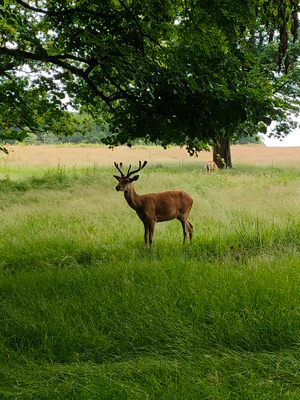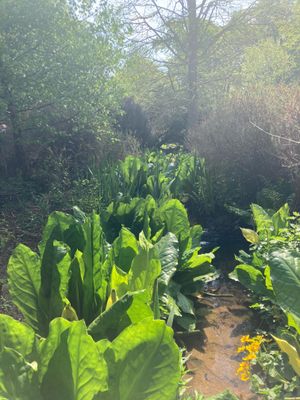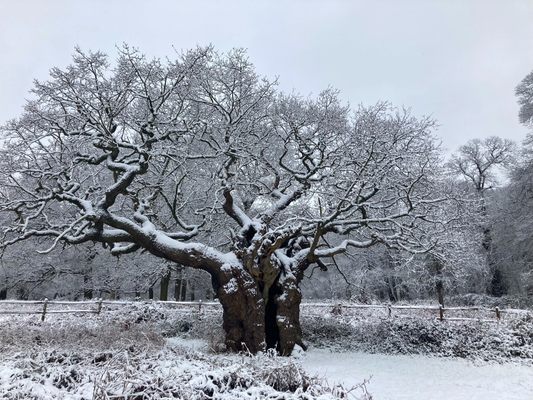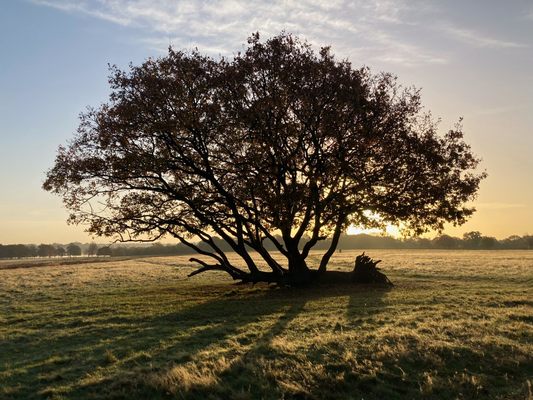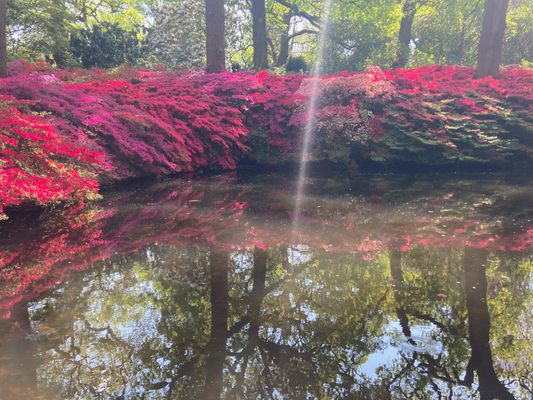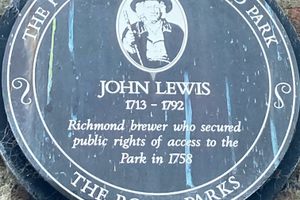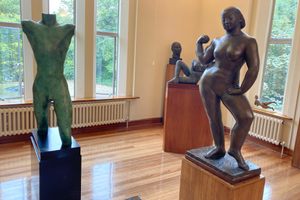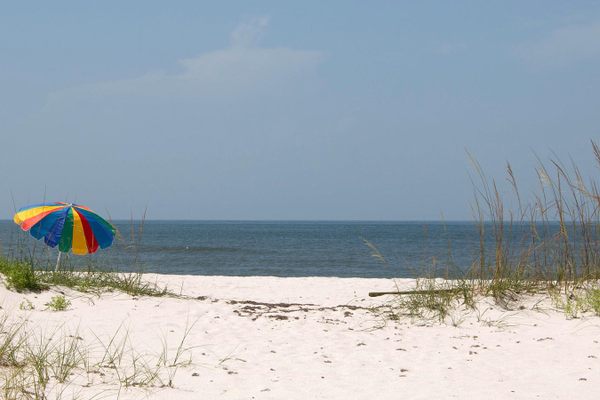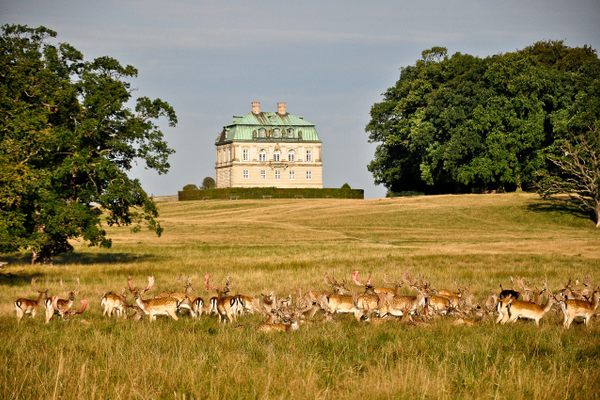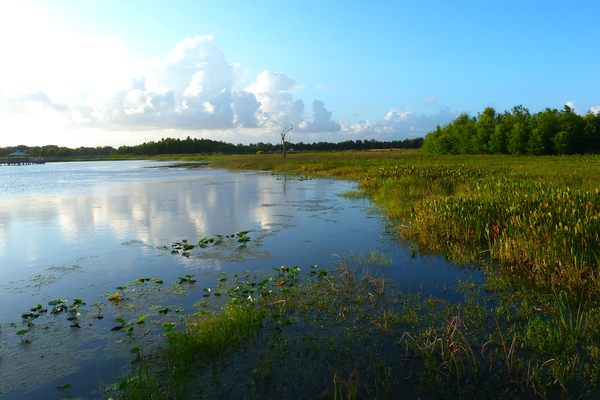About
In 1625, a particularly virulent outbreak of the bubonic plague swept through the city of London, killing an estimated 35,000 people in a matter of months. The fact that the plague could fatally infect both poor and rich alike was evidently not lost on King Charles I, who moved his entire court to a palace on the rural outskirts of the city, in a forested area called Richmond.
From Richmond Palace, the king oversaw the creation of a vast park where the nobility could engage in one of the favorite recreational activities of the time, hunting deer. Herds of red and fallow deer were shipped from other areas of England and freed to roam across the woodlands to breed and be hunted at specific times of the year.
Although the monarch managed to escape the horror of the plague, his luck ran out later in life. At the close of the English Civil War, the king was captured by Oliver Cromwell's forces and held prisoner in the Tower of London where he was later executed by public beheading. In the century following the execution of the king, the park was open on and off to the average Londoner. In response to increasing demands, the general public was granted permanent access to the park in 1758.
Today, the Richmond Deer Park is divided by several pathways that visitors can explore, such as the Isabella Plantation, and a Victorian garden planted in the 1830s, where the vibrant colors of rhododendrons, camellias, and spectacular Japanese kurume azaleas can be appreciated. The deer park itself contains herds of red and fallow deer (which are no longer hunted) that can be seen easily and often at close quarters. These animals are especially active and interesting to watch during rutting season (the months of October and November) when males clash antlers and fight for dominance of herds in order to win over a female mate.
Related Tags
Know Before You Go
By public transit, take the district line from Central London. Once you reach the Richmond Park station, walk outside and get the bus (the 371 or the 65) to the Pedestrian gate found at the Petersham stop.
It is best not to get too near stags during the autumn months, as it is their breeding season and as they will sometimes behave aggressively toward people. A better idea is to watch the stags clash antlers from a distance with binoculars.
Community Contributors
Added By
Published
November 26, 2018






